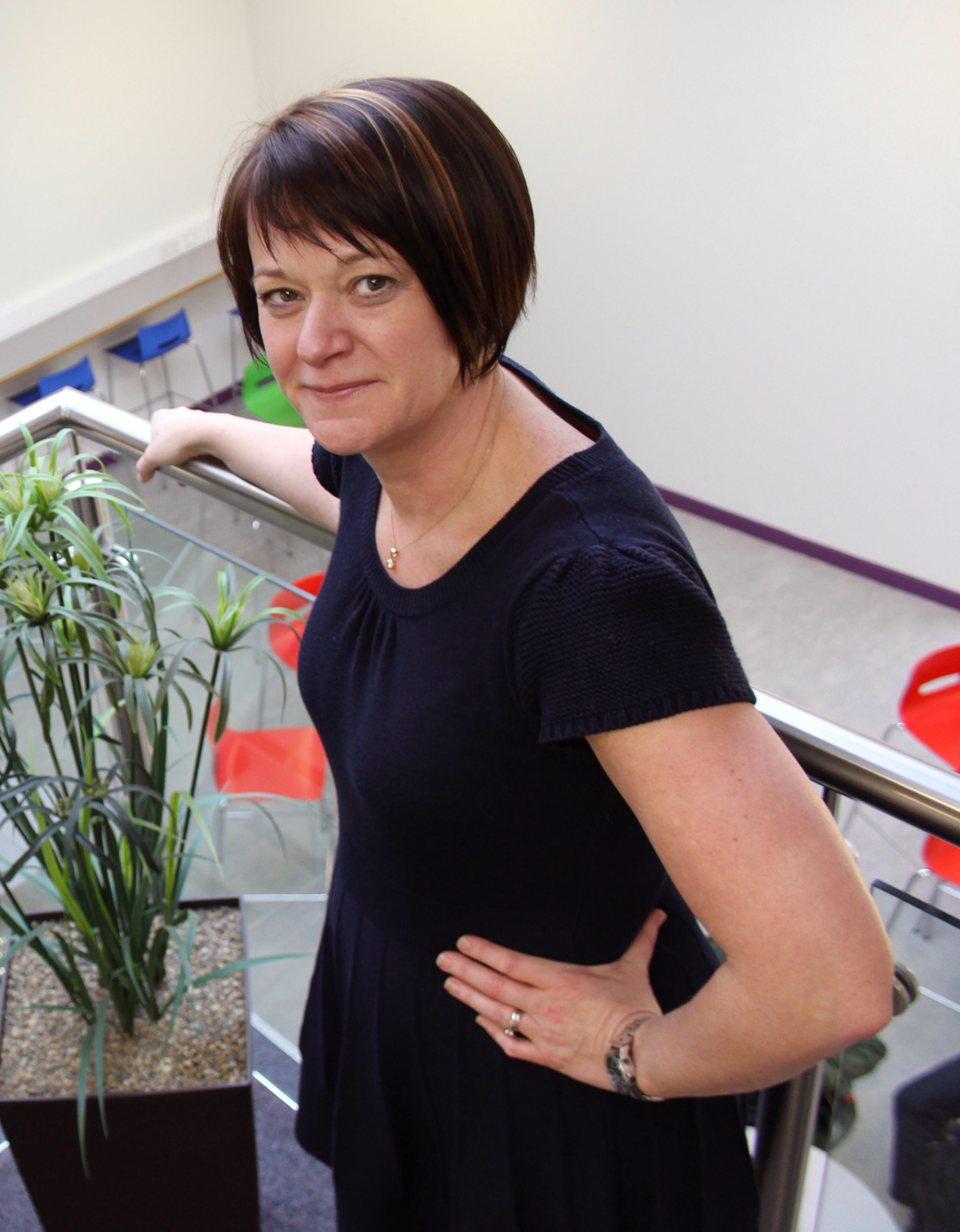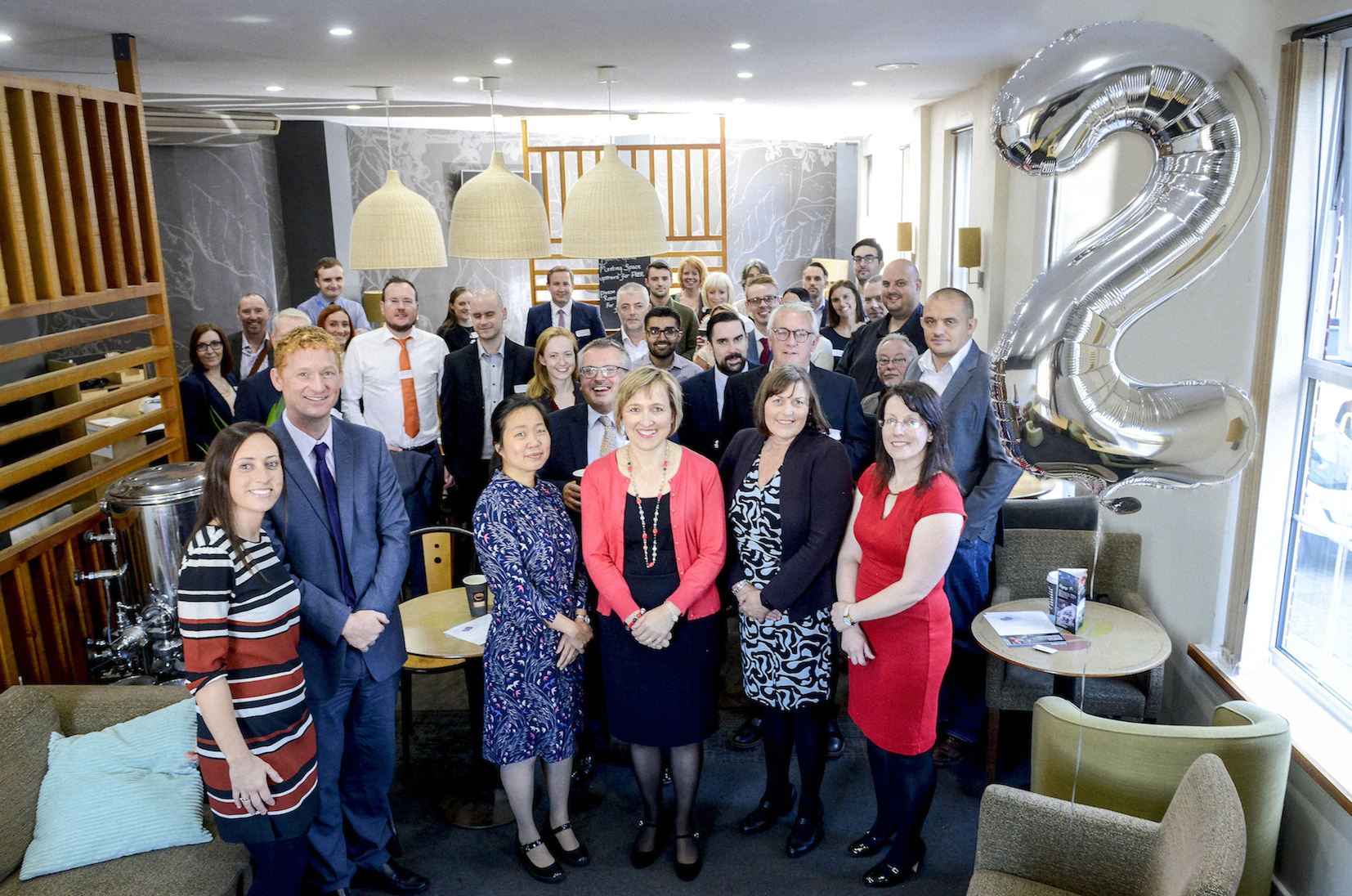Over £6 million is being committed to tackle homelessness in County Durham after its council was successful in a bid for funding.
Durham County Council has been awarded funding from the government’s Single Homeless Accommodation Programme (SHAP) to create new accommodation and increase support for those who are homeless or at risk of homelessness.
The objective of SHAP is to increase the supply of high-quality accommodation and support for adults, and younger people aged 18 to 25 years, who are either rough sleeping or at risk of rough sleeping.
Included in the funding is £2,762,382 from Homes England for the provision for 32 new bed spaces in supported accommodation. As part of the council’s emerging Homelessness and Rough Sleeping Strategy, which outlines a commitment to reduce homelessness and an ambition to ending rough sleeping for good, the council will also allocate £1,841,588 towards the cost of providing this accommodation.
The Department for Levelling Up, Housing and Communities (DLUHC) will also provide £1,656,181 over three years for the provision of specialist support services for those housed by the programme.
Cllr James Rowlandson, Durham County Council’s Cabinet member for resources, investment and assets, said: “We are pleased to have been successful in our bid for SHAP funding. In County Durham, we are committed to breaking the cycle of homelessness and supporting people to live well and lead independent lives. This funding will help us to continue providing this support. This project isn’t just aimed at providing accommodation, it includes intensive wrap around support tailored to each individual to help them turn their lives around and regain their independence.”
A specialist external support provider will be procured, through a competitive process, to provide wrap around support to those housed by the programme. A mix of accommodation will be provided through the project, with multiple self-contained flats plus dispersed properties. Some of the accommodation will have 24-hour support every day of the year and some will have lower levels of support with regular visits by the specialist team. All the applicants will be fully assessed, including their housing and any other relevant history, before being accommodated by the project.
Homelessness Support










